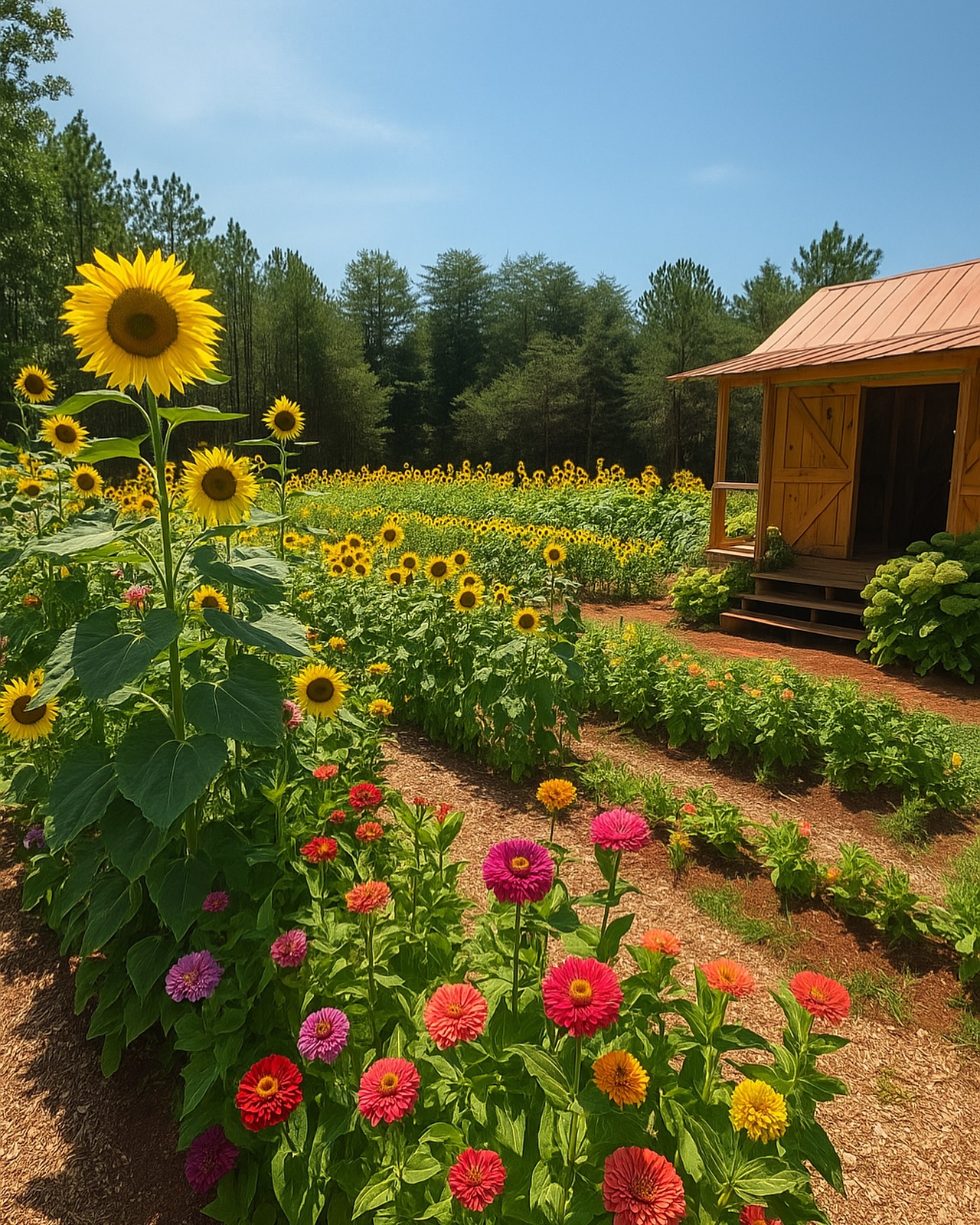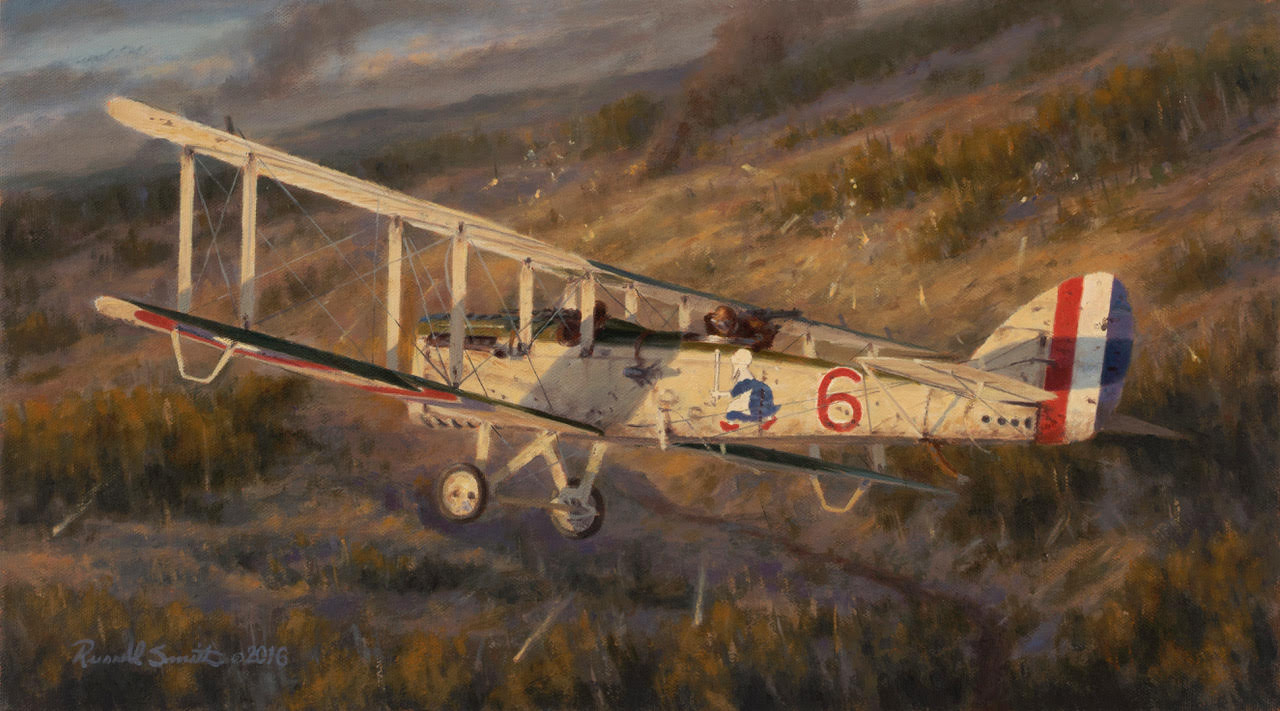A winter day in merry olde England
Published 10:00 pm Monday, March 6, 2017
No, it’s not raining! And it’s not foggy.
But it’s cold and that wind is whistling in from Scandinavia! So yes, it is weather designed to make one stay indoors, maybe in front of a roaring fire and armed with a hot toddy!
England in the late winter can be pretty bleak. There are no leaves on the trees, brown fields stretch to the horizon and the sky is usually a solid shade of battleship gray.
Trending
Despite this somewhat gloomy weather, one has just got to get outside to stay sane and many Brits love to do just that.
A European Robin sings from atop a dead snag, its lilting song at odds with the blowing wind. This endearing orange-breasted bird has adorned Christmas cards for many years and is England’s favorite and de facto national bird. Robins all around the world have been named after their British precursor and we can blame those travelling colonists for naming robin look-alikes in Australia, North America and Africa.
Despite us stopping to enjoy his winter song, this delightful little bird continues to charm its admirers, although we know it’s not to entertain us, but more to establish a territory and defend it from its nearest neighbors.
Farther along the path a European Blackbird calls loudly. Its staccato alarm notes are similar to those of the American Robin and serve the same purpose. There’s probably a stalking cat somewhere in the vicinity and the loud calls serve to warn other birds of this potential predator.
Like the American Robin, the European Blackbird is a member of the thrush family, a widespread and cosmopolitan family that has colonized the whole world. A medium-sized brown bird flashes out of the bushes and quickly disappears from view. This is typical behavior from another member of the thrush family. The spotted-breasted Song Thrush used to be a common bird throughout the British Isles, but like many species, it has undergone a drastic decline over the last 30 years and it’s now quite uncommon throughout its range.
Listening to the beautiful song of the Song Thrush on a summer evening used to be a common sound throughout rural England. Thankfully there does seem to have been a slight resurgence in the last few years.
Trending
The English countryside has been managed by farmers and landowners for centuries, and this has had an impact on the bird population. Many years of spraying pesticides has resulted in a lack of wildflowers, insects and consequently birds. A walk through the bucolic fields and hedgerows can be depressingly quiet. Compare this to a protected reserve or park where birds are often very apparent and widespread.
We finished our walk through the edge of the woods back towards the house. A Wren sang its bright song from a fallen tree and a small flock of gray and white Woodpigeons flew overhead.
With the songs of birds rarely out of earshot, this is what the English countryside is supposed to sound like.
Simon Thompson has lived in WNC for the past 20 years. He owns and operates his own birding tour company, Ventures Birding Tours, online at birdventures.com. For more information on any of the birding activities in the area, check the website for additional listings.







